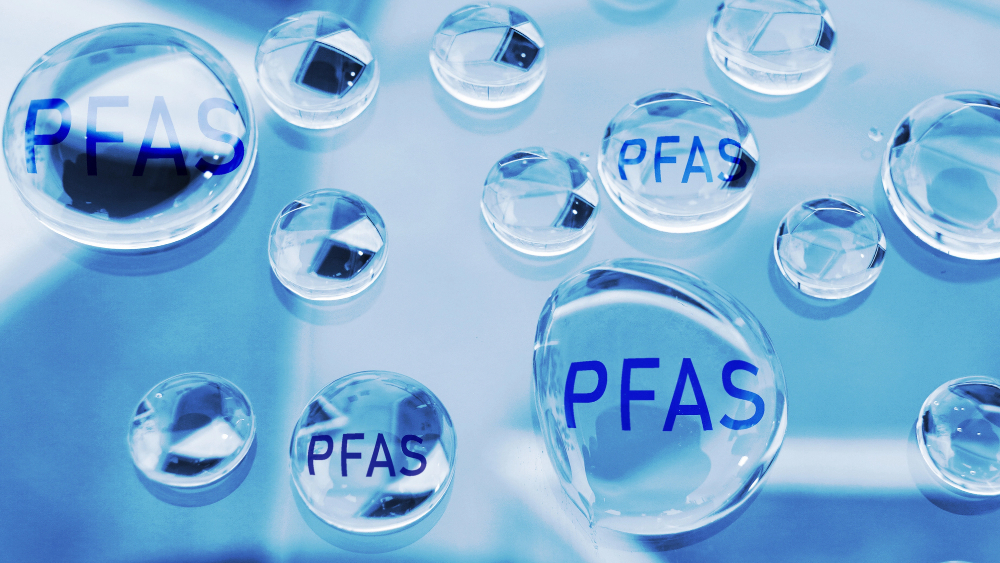
Regulations for Water Treatment
The European Scientific Committee SCHEER (Scientific Committee on Health, Environmental and Emerging Risks) has published a scientific opinion concerning the new environmental quality standards (EQS) for total PFAS within the framework of the Water Framework Directive (WFD).
This regulatory update represents a key point for the sustainable management of water resources, particularly for operators in the integrated water cycle, aiming for broader protection of aquatic ecosystems and public health.
PFAS: What They Are and Why New Rules Are Needed
PFAS (per- and polyfluoroalkyl substances), with over 10,000 molecular variants, are chemical compounds that are highly persistent in the environment, resistant to degradation, heat, water, and grease, and are used in numerous industrial and consumer products.
The current regulatory framework is limited to monitoring 24 specific PFAS. For this reason, the European Parliament proposes to expand the standards to the entire category of total PFAS through advanced analytical and regulatory strategies.
The SCHEER Opinion: Current Critical Issues
Examining the options proposed by the Joint Research Centre (JRC) to define environmental quality standards (EQS) for total PFAS, the SCHEER Committee concluded that no current option is sufficiently effective to be adopted.
Main critical issues highlighted:
- Inadequacy of analytical methods to measure total organic fluorine (TOF) with sufficient precision at levels of a few nanograms per liter.
- Parameters not aligned with the toxicological criteria provided by the Water Framework Directive.
- Ambiguous definitions of the concept of “total PFAS,” which risk including irrelevant substances.
- Uncertainty about the ecotoxicological effects of the overall PFAS mixture, which limits the effectiveness of an aggregate approach.
The SCHEER Proposal: A Scientific Approach
The SCHEER committee proposes a scientifically sound approach, based on:
- Extension of the current PFAS 24 approach to up to 100 substances that can be reliably identified and quantified.
- Application of a model focused on Relative Potency Factors (RPF), already validated in toxicology, to assess the real impact of individual compounds.
- Inclusion of TFA (trifluoroacetic acid) among regulated PFAS, with a specific RPF.
- Implementation of toxicological data for new PFAS compounds.
This system allows for a more accurate assessment of environmental risk, reflecting the differences in toxicity among various substances and reducing the risk of false alarms or underestimations.
Implications for the Water Sector
The introduction of new environmental quality standards (EQS) for PFAS represents a significant operational and technological challenge for managers and companies in the sector:
- Enhancement of monitoring systems, with methods capable of detecting more PFAS and at lower concentrations.
- Adoption of advanced treatment technologies (activated carbons, reverse osmosis, specific resins) in drinking water and wastewater treatment processes.
- Integration of risk management strategies at the territorial level, including in the preventive phase.
Accadueo 2025
From October 7 to 9, 2025, Accadueo returns to BolognaFiere as the landmark event for the water sector, addressing crucial topics for the management and sustainability of water resources in a constantly evolving regulatory context.
An unmissable opportunity to stay updated on emerging regulations, explore new technologies, and actively participate in defining the solutions that will guide the future of the sector.
The 2025 edition will highlight key themes such as:
- Innovation in wastewater treatment
- Integrated systems for water resource management
- Innovations and strategies for environmental monitoring and safety
DOWNLOAD THE PARTICIPATION APPLICATION
Conclusions
The SCHEER opinion marks a crucial step in defining more effective, scientific, and systemic environmental policies aimed at regulating PFAS. Addressing the new challenges will require coordination between regulation, innovation, and technological investment, with a central role for research and development.
______________
SCHEER - Scientific opinion on EQS for total PFAS (European Commission)
 EN
EN  it
it

